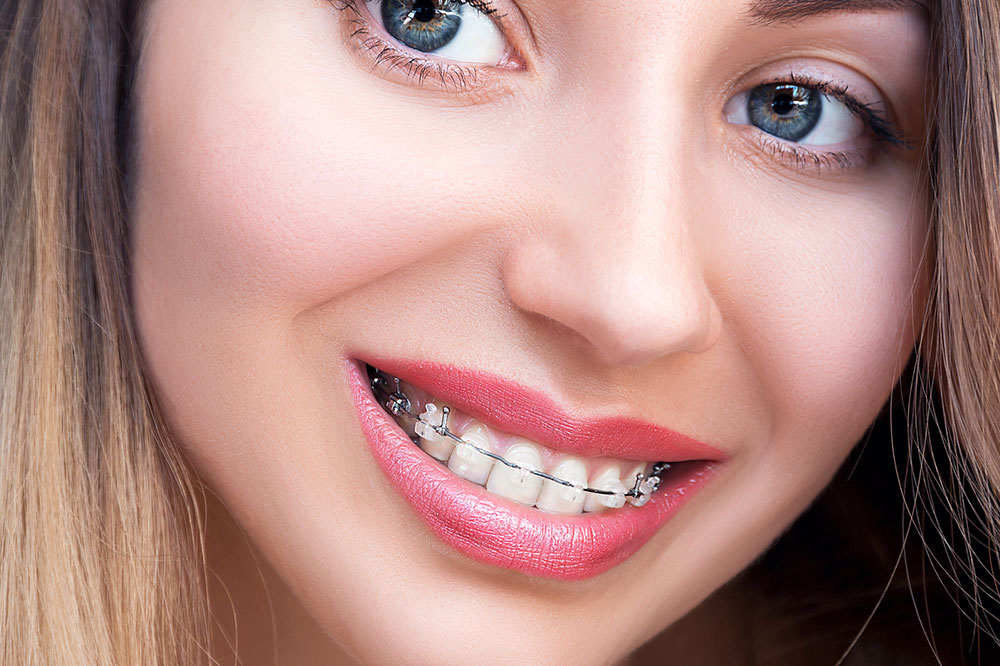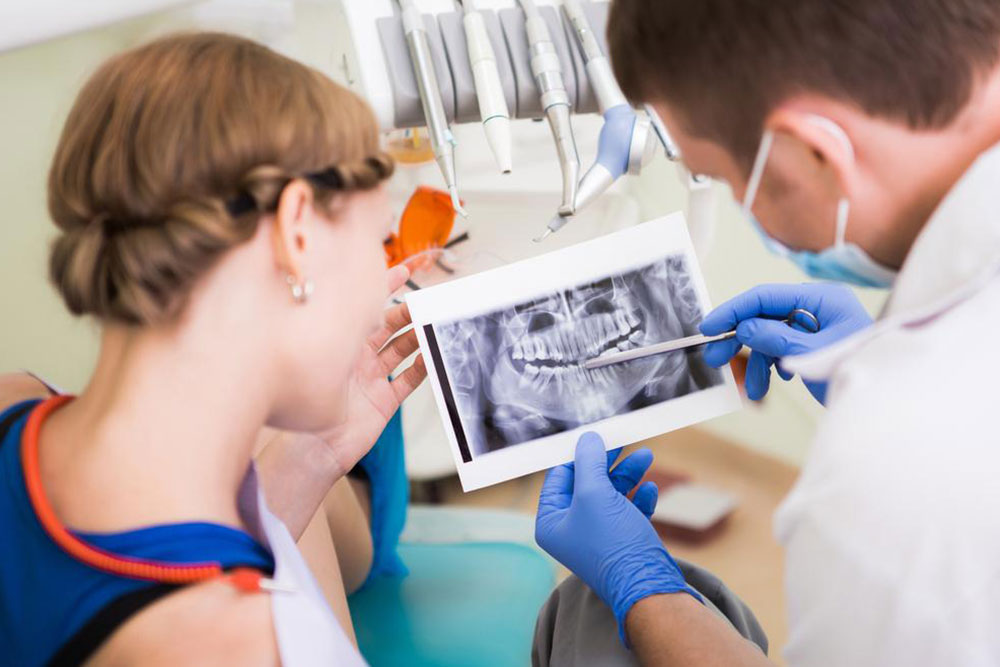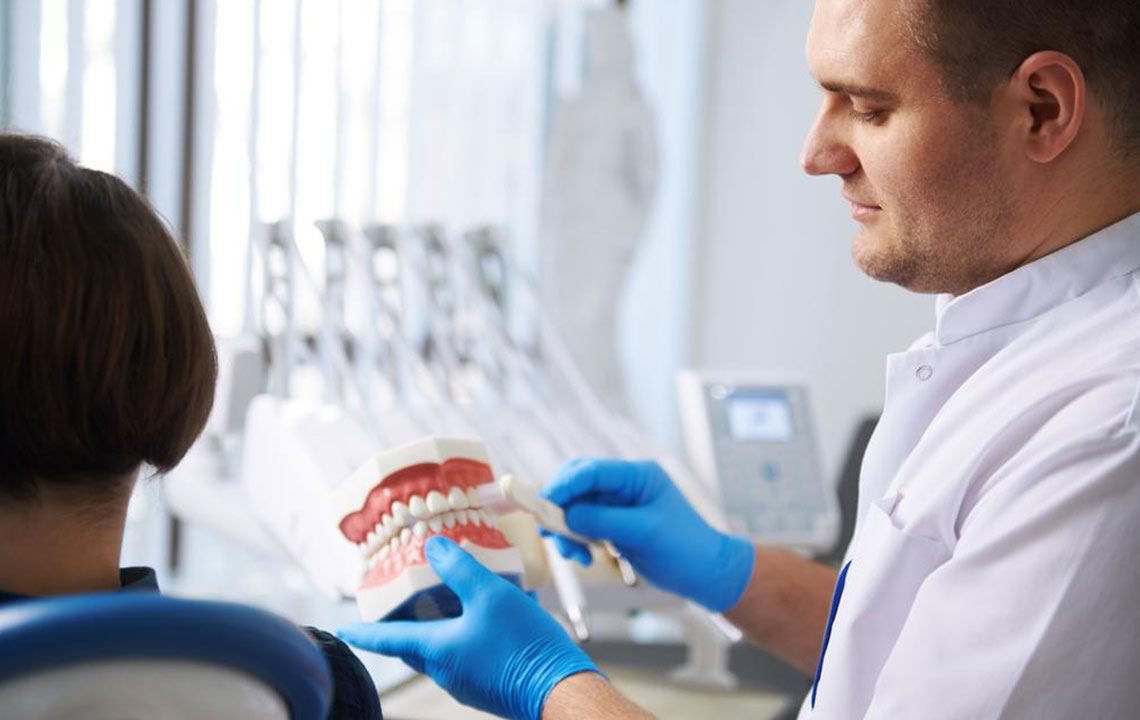Comprehensive Guide to Essential Considerations Before Getting Dental Braces
This comprehensive article explores essential considerations before getting dental braces, including their benefits beyond aesthetics, the importance of pre-treatment dental cleaning, managing discomfort, adjustment periods, and dietary restrictions. It aims to help prospective patients make informed decisions and prepare effectively for orthodontic treatment, ensuring optimal results and a smoother experience. Emphasizing oral health, proper care routines, and professional guidance, this guide is a valuable resource for anyone contemplating braces.

Important Factors to Understand Before Choosing Dental Braces
Dental braces are a common orthodontic treatment used to correct misaligned teeth and improve overall oral function. While many people opt for braces to enhance their smile, there is often a lack of awareness regarding the full spectrum of benefits, the treatment process, and the care routines necessary to ensure successful outcomes. This comprehensive guide aims to provide you with detailed insights that can help you make an informed decision when considering orthodontic braces.
Beyond Cosmetic Benefits: Enhancing Oral Health and Structural Integrity
Many assume that braces are solely for aesthetic improvements, but their primary purpose extends far beyond appearance. Correcting teeth alignment can significantly improve bite function, reduce strain on jaw muscles, and prevent future dental problems such as uneven wear, jaw pain, and temporomandibular joint (TMJ) disorders. Properly aligned teeth facilitate effective chewing and speech, contributing to overall oral health. Recognizing these benefits emphasizes the importance of orthodontic treatment as a means to achieve both beauty and functional health.
Necessity of Pre-Treatment Dental Cleaning
Before getting braces, it’s crucial to have a thorough dental cleaning. This process involves professional removal of plaque, tartar buildup, and any existing dental issues like cavities or gum disease. In some cases, removal of wisdom teeth may be recommended if they interfere with orthodontic plans. Proper oral hygiene prior to braces application reduces the risk of infection, inflammation, and complications during treatment. Ensuring your teeth and gums are in optimal condition provides a stronger foundation for orthodontic work and enhances the effectiveness of the braces.
Expect Discomfort During Brace Application
Applying braces generally involves some discomfort and can take approximately two hours. Sensitivity, soreness, or mild pain might be experienced afterward, which is normal. It’s advisable to rest after the procedure and allocate time for recovery. Over-the-counter pain relievers, soft foods, and ice packs can help manage discomfort during the initial phase. Communicating with your orthodontist about any persistent pain ensures proper care and adjustments as needed.
Initial Adjustment Period and Regular Monitoring
The first few weeks following braces placement can be challenging as your mouth adjusts to the hardware. Common issues include soreness, difficulty speaking, or slight irritation. Most individuals adapt quickly with time. Regular follow-up visits every 15 to 20 days are essential for necessary adjustments, ensuring the treatment progresses as planned. Consistent monitoring helps prevent complications and allows orthodontists to make personalized modifications to optimize results.
Dietary Restrictions During Orthodontic Treatment
Once braces are in place, certain dietary modifications are necessary to prevent damage and maintain oral hygiene. Sticky foods like caramel, chewing gum, and candies can stick to braces and cause brackets to loosen. Hard foods such as nuts, popcorn, or crispy snacks pose a risk of breaking wires or brackets. Furthermore, avoiding sugary and acidic foods reduces the risk of cavities and bad breath, especially since cleaning around braces can be more challenging. Adopting a braces-friendly diet supports healthy progress and reduces the need for emergency repairs.
In summary, understanding these key aspects before getting dental braces can enhance your treatment experience and outcome. Proper preparation, maintaining good oral hygiene, and adhering to dietary guidelines play a significant role in achieving the desired results efficiently and comfortably. Consulting with an experienced orthodontist will help tailor the treatment plan to your specific needs and ensure that your journey towards a healthier, more confident smile is smooth and successful.





